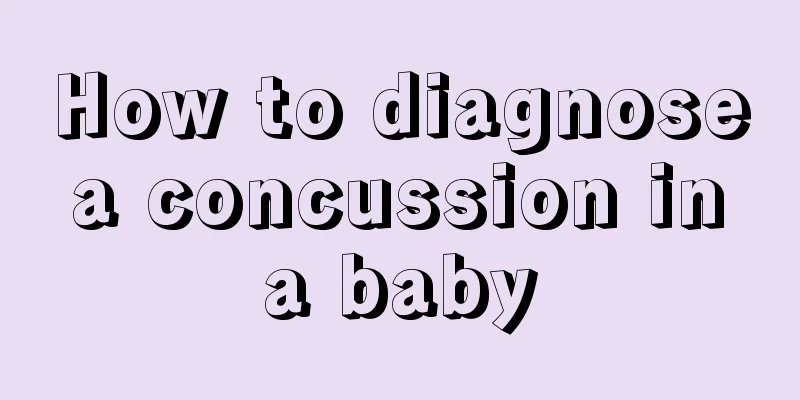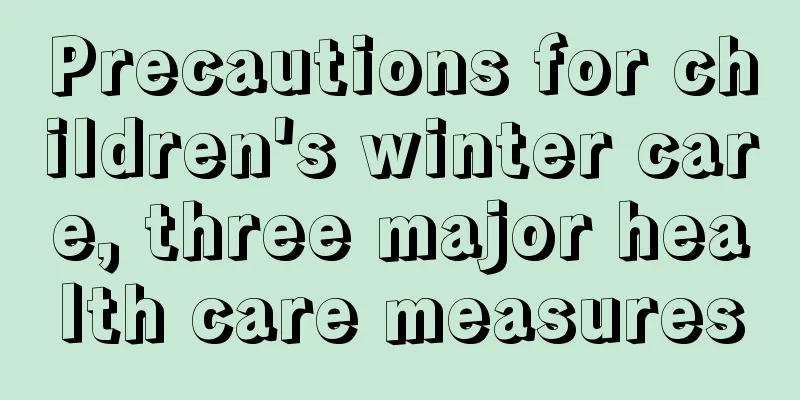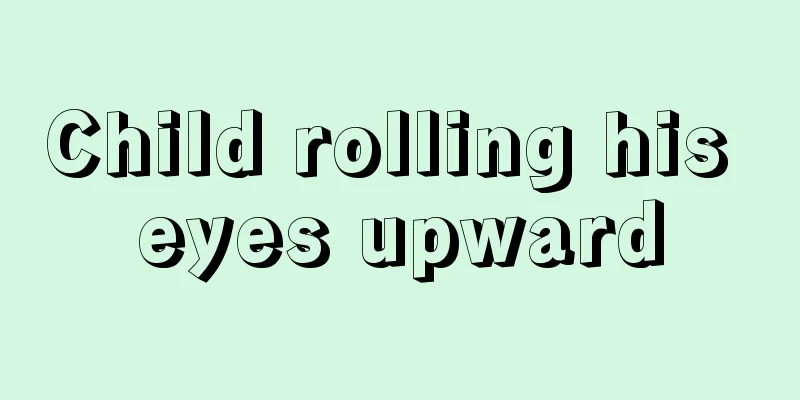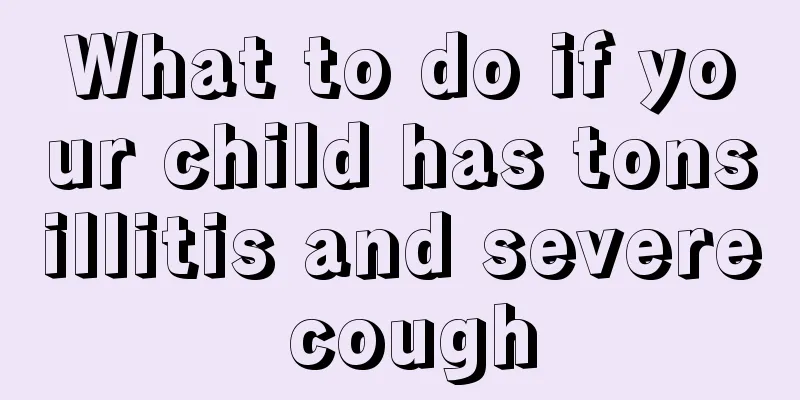How to diagnose a concussion in a baby

|
Concussion is a relatively common disease. When it occurs, the patient will have symptoms of temporary loss of brain function and may even become unconscious. Concussion can occur in all kinds of people, especially in infants, where the incidence rate is relatively high. Because infants have poor resistance, if they have a concussion, it will have a great impact on their future brain function. Below is a detailed introduction to the relevant knowledge about concussion. What is a concussion?Concussion refers to a transient, reversible loss of brain function that occurs immediately after an injury and is not accompanied by detectable damage to brain tissue structure. Concussions in children have the potential to affect children in many ways and may slowly change their behavior and thinking patterns. 2. Symptoms of concussion A concussion does not necessarily cause loss of consciousness; in fact, most concussions do not cause unconsciousness. The signs and symptoms of a concussion are different for everyone, but the most common symptoms may include one or more of the following: headache; nausea or vomiting; dizziness; inability to maintain balance; sensitivity to light or sound; blurred vision; slow reaction times, etc.
Some concussions are difficult to detect because they have no obvious symptoms at first, and they are called "hidden" concussions. "Hidden" concussions are often first detected by people close to the child, such as parents, siblings or teachers. This is because they do not have physical symptoms and do not make children feel painful, but are changes caused by the combined effects of "thinking" and the environment. In other words, there are potential changes in the child's sleeping habits, thinking patterns, and behavior patterns. Although these changes are subtle, people who know your child well will know which behaviors are normal and which are changing. If your child develops the following symptoms after a blow to the head, it is recommended that you seek medical attention immediately. 1. Sleep Your child has trouble falling asleep; wakes easily during sleep; sleeps less than usual; sleeps more than usual; and tires more easily than usual.
Your child has a change in personality; is more irritable than usual; is sad or frustrated more easily than usual; becomes more anxious or nervous more easily; is more impatient than usual; and is easily emotional. 3. Study and think Your child's ability to learn new things changes; their memory becomes better or worse; they become more able or less able to concentrate; and they become slower to respond to questions. |
<<: The child is sleepy and has no energy and refuses to eat
>>: How to judge baby's sleepiness
Recommend
What are the symptoms of umbilical hernia in infants and young children?
Among the most common diseases in infants and you...
Is it normal for newborns to have skin shedding?
The functions of newborns are not fully developed...
What foods can help children sleep?
If a child does not sleep well, it will affect hi...
Why does the baby cry suddenly when sleeping?
Some babies cry loudly while sleeping. In many ca...
What causes itchy hair in children?
A child's body is in the development stage an...
Six-year-old child's tongue coating is thick and white
If a 6-year-old child has a thick white tongue co...
How to cure a child’s cold and stuffy nose?
When children are very young, they are easily inf...
What is going on with a hole in the baby's heart?
Today's society is constantly progressing, an...
Can babies eat black fungus?
Wood ear vegetable is actually a commonly consume...
How much sleep does a two-year-old baby need?
It is well known that adequate sleep is very impo...
What should children eat when they have growing pains?
Children will experience growing pains at differe...
How can we replenish calcium faster for children who are deficient in calcium?
Parents are particularly concerned about their ch...
What are the dietary treatments for a six-month-old baby with a cold and runny nose?
Colds can bring many other complications. Runny n...
How to wean baby off from night feeding? These methods are available
Breastfed babies need to feed many times at night...
What is the normal temperature of the baby's armpit?
It is the common wish of all parents that every c...









